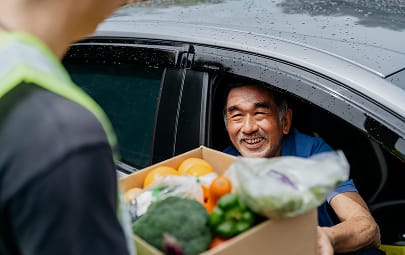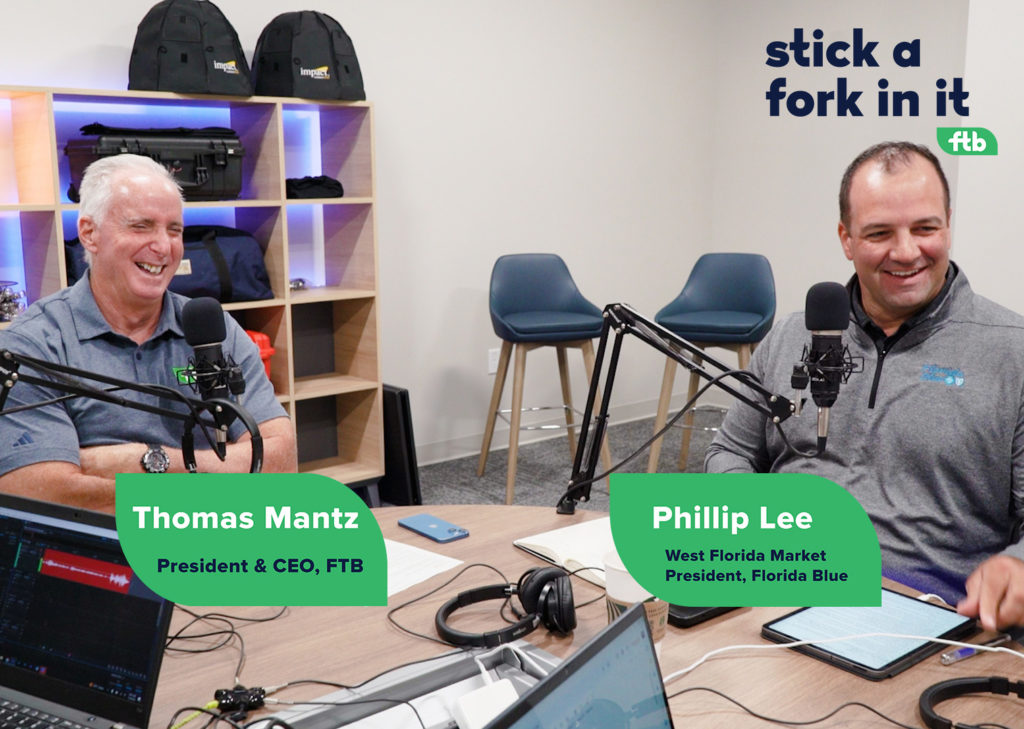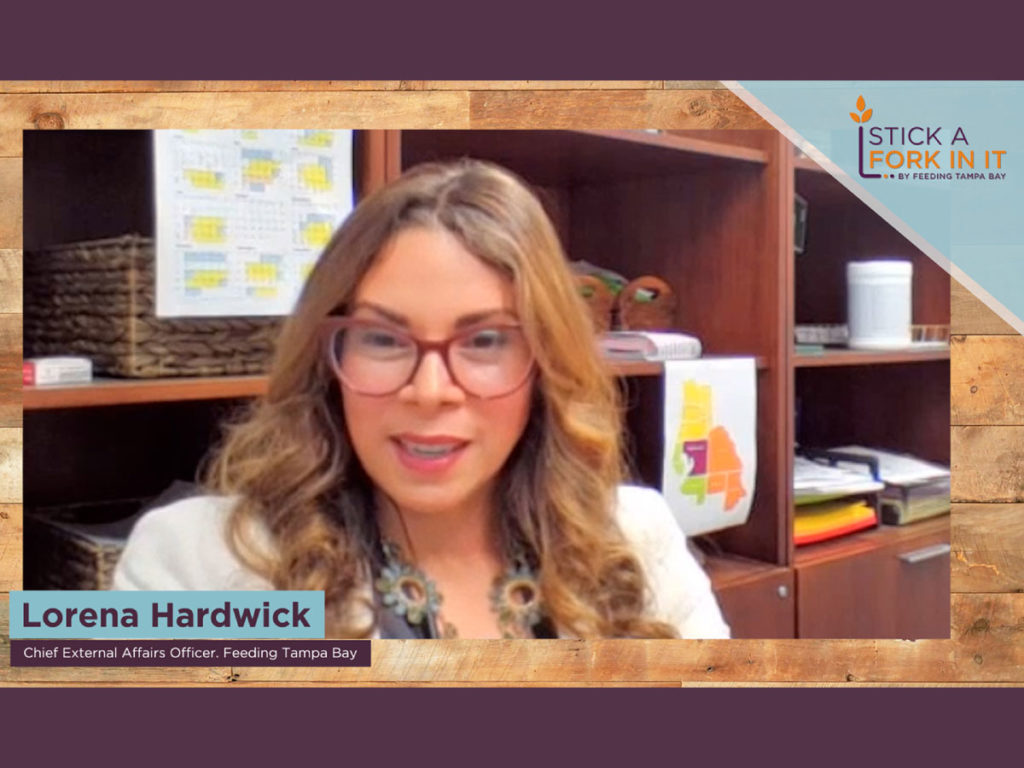Feeding Tampa Bay is engaging with city, county, state and federal elected officials to ensure our neighbors’ needs are met. We strive to clearly communicate how existing policies and legislation impact our work while engaging the public and encouraging their participation in our advocacy efforts. Together, we can build flourishing communities, today and for generations to come.
why advocacy matters
happening now
The recently enacted Big Beautiful Bill (OBBB) law includes major revisions to the Supplemental Nutrition Assistance Program (SNAP), introducing stricter work requirements for more adults, removing utility and internet costs from benefit calculations, and eliminating the SNAP-Ed nutrition education program. These changes are projected to cause a reduction in monthly benefits for over a quarter of a million households in our 10-county region alone.
Simultaneously, the law suspended enhanced premium tax credits for Affordable Care insurance, which will likely lead to higher premiums for many Floridians starting in 2026, and jeopardize health coverage for an estimated 2.2 million people in the state.
As these shifts take effect, the need for our services will be greater than ever. See how you can take action below.
policies impacting our neighbors + how you can help
FTB plays a vital role in our communities, but we can't solve hunger alone. Real change requires systemic solutions that address the root causes of food insecurity. You can help us advocate for policies that increase access to nutritious food and funding for school meal programs, and expand access to affordable housing, child care and living wages. Together, we can build an equitable food system where everyone has access to the resources they need to thrive.

supporting healthcare needs
The Affordable Care Act (ACA) provides healthcare coverage for millions of families across the state of Florida.

supporting
SNAP
SNAP strengthens the local economy and supports healthy food incentive programs that increase access to fruits and vegetables.
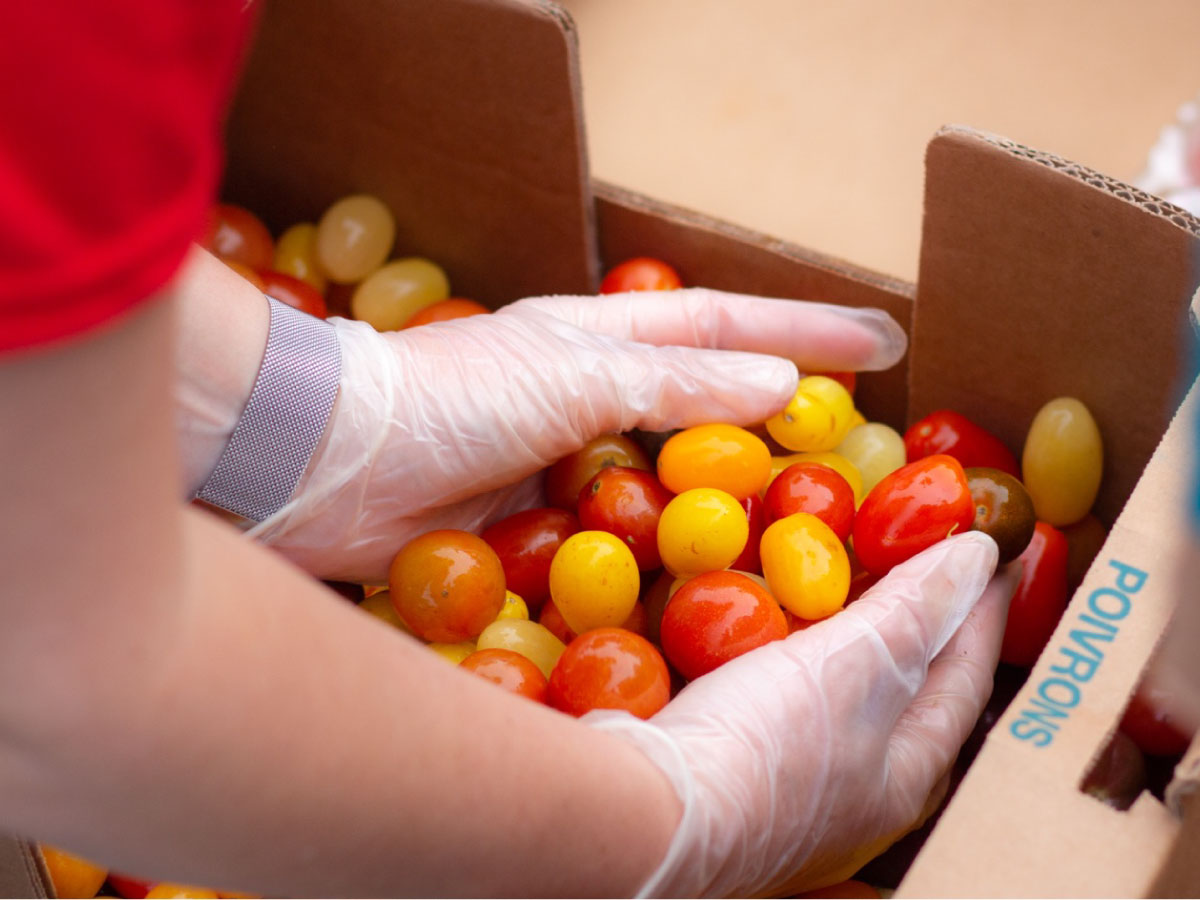
supporting farmers
The Farm Bill is legislation that funds federal nutrition programs and supports farmers.
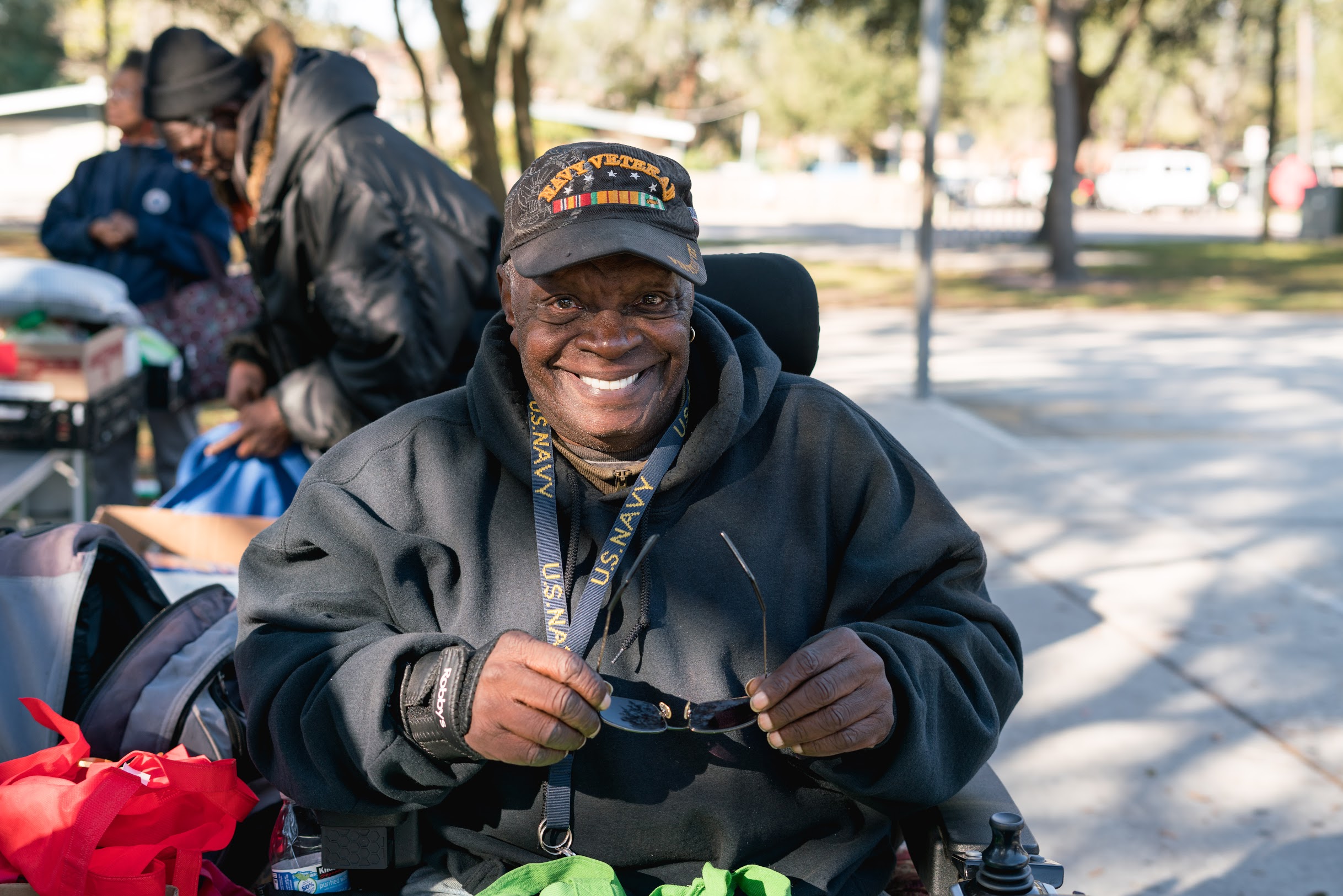
supporting our military
Many members of our military do not qualify for safety net services. Legislative changes to policy can help improve access to social services.

supporting families
Nearly half of Florida families struggle to afford basic needs despite earning above the poverty level. Let's invest in programs that ease the burden.
learn more about our efforts
become a hunger advocate
We are committed to raising the profile of our collective voice to create opportunities that improve the lives of those we serve. If you are interested in learning more about our efforts, please contact our Chief External Affairs Officer, Lorena, at lhardwick@feedingtampabay.org or 813-710-1369.

